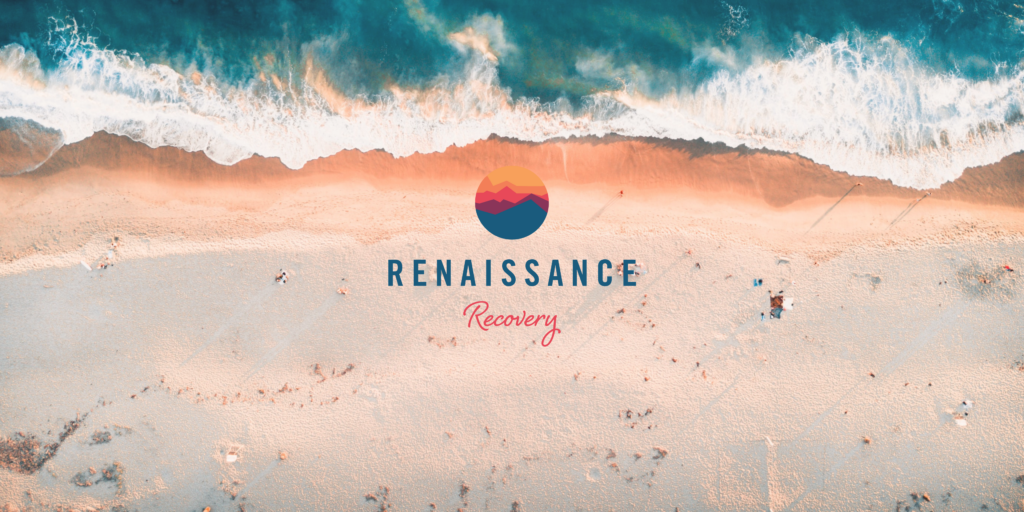Vicodin rehab enables people who are dependent on opioids to address physical dependence, as well as the psychological component of addiction. Read on to learn more about what to expect at rehab for Vicodin addiction.
Vicodin Rehab Centers
Vicodin drug rehab centers offer specialized and evidence-based treatment programs to help those battling opioid addictions. Vicodin rehab treatment is delivered in an inpatient or outpatient setting and tailored to individual needs and the severity of the addiction.
Inpatient Vicodin addiction rehab provides an immersive residential environment which offers continuous care and support. These facilities are designed for individuals with severe addictions, co-occurring mental health disorders, or previous unsuccessful engagements with outpatient treatment. Here’s what happens in inpatient addiction treatment:
- Vicodin detox under medical supervision to manage withdrawal symptoms safely and effectively after an initial evaluation.
- Individual and group therapy sessions to address the psychological aspects of addiction.
- Structured schedules filled with therapeutic activities and support group meetings.
- An environment free from the triggers and stressors of daily living, enabling people to focus on their recovery without distractions.
Outpatient Vicodin rehab centers provide a more flexible and affordable pathway to recovery from opioid addiction. People can engage with treatment while remaining anchored to their everyday obligations. Outpatient programs may include:
- Scheduled counseling and therapy sessions to provide ongoing support and address the root causes of addiction.
- Access to medical advice and assistance for managing withdrawal symptoms and cravings.
- The chance to apply coping strategies and relapse prevention techniques in real-world settings.
Outpatient rehab is well-suited for individuals with mild to moderate addictions, strong support systems, and a high level of motivation for recovery.
Both forms of Vicodin rehab focus on delivering comprehensive care that includes medical, psychological, and social support to guide people toward sustained recovery. Both types of treatment offer access to similar therapies and services.

How Long Is Rehab for Vicodin?
The length of rehab for Vicodin addiction varies significantly depending on whether the treatment is inpatient or outpatient, as well as the specific needs and progress of the individual.
- Inpatient rehab duration: Inpatient rehab programs for Vicodin addiction typically range from 30 to 90 days, although some people may require longer stays, especially those with severe addictions or co-occurring mental health conditions. The intensive nature of inpatient treatment allows for a focused and structured recovery process, with the duration tailored to ensure the best chances for a successful long-term recovery.
- Outpatient rehab duration: Outpatient rehab for Vicodin addiction generally lasts for several months, providing flexibility for individuals to engage in treatment while maintaining their daily responsibilities. The extended nature of outpatient care supports gradual progress, allowing people to apply recovery skills in daily living and adjust treatment components as needed over time.
Both inpatient and outpatient rehab programs aim to provide comprehensive treatment that addresses physical dependence on Vicodin as well as the psychological factors contributing to addiction. The specific duration of rehab is determined based on individual assessment, with the goal of equipping each person with the tools and support needed for a sustained recovery.
What Is Vicodin Addiction Treatment Like?
Treatment for Vicodin addiction involves a broad-based approach that begins with detoxification and extends into various forms of ongoing therapy that address the underlying issues of addiction.
Detoxification
The first step in Vicodin addiction treatment is detox, where opioids are eliminated from the system under medical supervision. This phase can be challenging due to the presentation of withdrawal symptoms like insomnia, anxiety, nausea, and muscle aches. Medical professionals may provide medications to ease these symptoms and ensure that the process is as safe and seamless as possible. The duration of detox hinges on the severity of the opioid use disorder and individual physiology.
Ongoing treatment options
After detox, treatment continues with a combination of therapies tailored to individual needs, including:
- Talk therapies: CBT (cognitive behavioral therapy) is commonly used to help people recognize and change self-defeating patterns of thinking and behaving associated with drug use. Other behavioral therapies may also be employed to support recovery.
- MAT (medication-assisted treatment): In some cases, medications may be used alongside therapy to reduce cravings and manage withdrawal symptoms, providing a more stable foundation for recovery.
- Counseling: Individual and group counseling sessions offer support and guidance, helping people understand the root causes of their addictions, develop healthy coping strategies, and build a supportive sober community.
- Family therapy: Involving family members in the treatment process can improve communication, heal relationships, and create a more supportive home environment for recovery.
- Holistic interventions: Some treatment programs incorporate holistic approaches such as yoga, meditation, and nutritional counseling to support overall well-being and address the physical and emotional aspects of recovery.
- Aftercare and relapse prevention: After completing a treatment program, ongoing support can help people maintain abstinence from opioids. This may include continued therapy, support group meetings, and lifestyle changes to reduce the risk of relapse.
Finding a Vicodin Addiction Treatment Center
Finding the right Vicodin addiction treatment center involves taking the following important steps:
- Research accredited centers: Look for facilities with accreditation from reputable health organizations, ensuring that they adhere to the highest standards of care.
- Evaluate treatment programs: Assess whether the center offers comprehensive programs that include detox, behavioral therapies, counseling, and aftercare support.
- Consider specialized needs: If you have co-occurring mental health conditions or specific personal circumstances, find a center that provides targeted treatment options.
- Check insurance coverage: Verify which treatment centers are covered under your health insurance plan to understand potential costs.
- Seek recommendations: Consult healthcare professionals, trusted friends, or support groups for personal recommendations based on their experiences.
Choosing the right treatment center ensures that you receive the personalized care and support necessary for overcoming Vicodin addiction.
Vicodin Rehab FAQs
What is a luxury Vicodin rehab like?
A luxury Vicodin rehab offers high-end amenities and personalized care in a tranquil, often secluded setting. Patients can expect private accommodations, gourmet meals, and access to various therapeutic and recreational activities, all designed to enhance comfort and facilitate recovery.
How long does Vicodin addiction treatment take?
The duration of Vicodin addiction treatment varies based on the person’s needs and the severity of the addiction, typically ranging from 30 days for short-term programs to 90 days or longer for more comprehensive care, with ongoing outpatient support as needed.
What is the most effective treatment for Vicodin addiction?
The most effective treatment for Vicodin addiction usually involves a combination of medically supervised detox, behavioral therapy, counseling, and support groups. Tailored to address both physical dependence and the psychological aspects of addiction, this approach aims for a holistic recovery.

Get Vicodin Addiction Treatment at Renaissance Recovery Center
if you or someone that you care about needs effective and compassionate Vicodin addiction treatment, get in touch with Renaissance Recovery today.
Most people with opioid use disorders benefit from supervised medical detoxification to reduce the intensity of withdrawal. We can connect you with medical detox centers throughout the state, enabling you to address opioid dependence and prepare yourself for ongoing treatment at our rehab center in Huntington Beach, CA.
Intensive outpatient treatment at Renaissance blends the following therapies to target Vicodin addiction:
- Medication-assisted treatment
- Motivational therapy
- Psychotherapies (CBT and DBT)
- Holistic interventions
- One-to-one counseling
- Group therapy
- Family therapy
- Aftercare planning
Call 866.330.9449 today and begin Vicodin rehab in Orange County right away.









